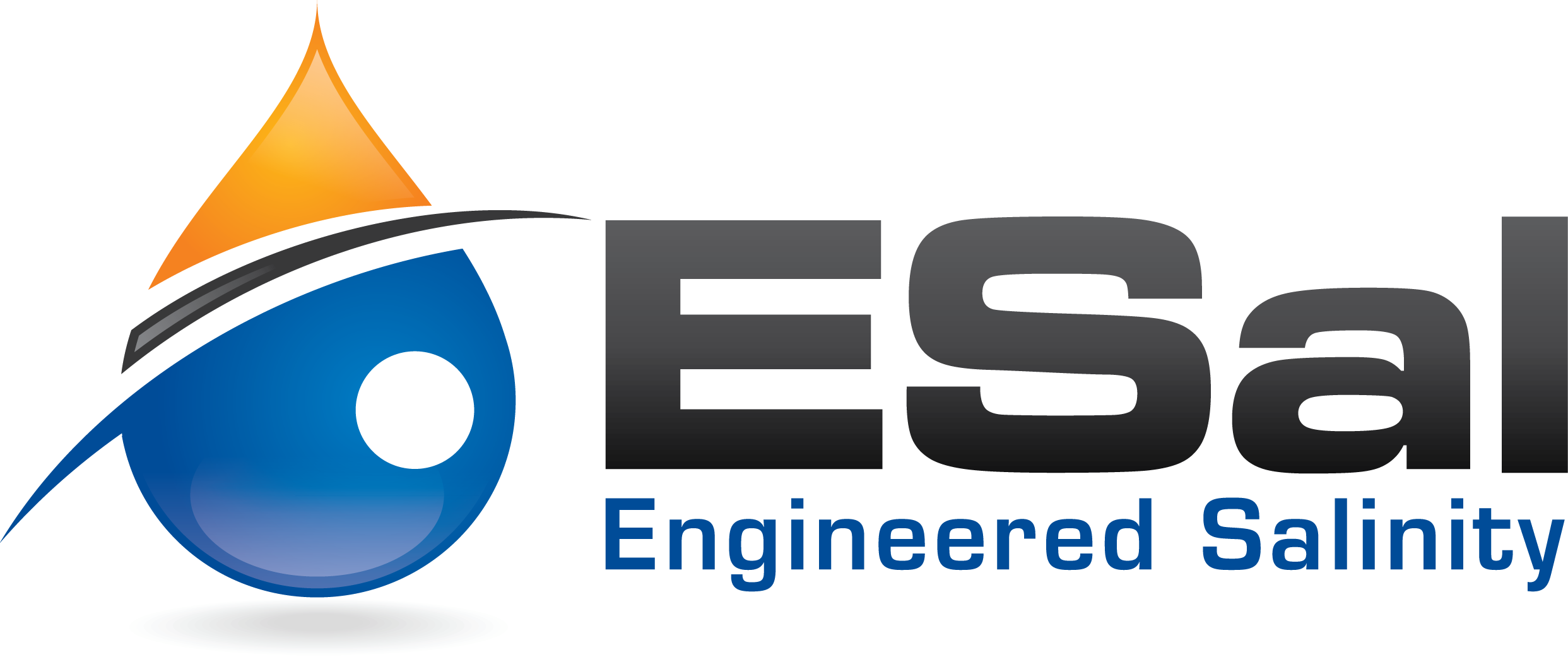As we see the news from the Middle East that there will be reductions in production through the end of this year, the projections are that oil prices will skyrocket past $100 per barrel. The mindset of some in the industry may be, “It doesn’t matter how high oil goes. People will still buy it because they have to buy it.”
Well, yes and no.
We forget that in the 1970s, during a massive oil crisis, people didn’t simply buy oil. For one, many people had to adjust their buying preferences from large vehicles to smaller, more fuel-efficient ones.
Did they keep buying oil? Yes. But that didn’t mean they didn’t change their behaviors or create new trends.
The same is possible today. At a specific price, the economy slows down if the oil price gets too “hot.” People may opt to drive less or buy different types of vehicles, for example.
To be clear, we’re not suggesting oil is going away or will be at $100 or more per barrel forever (it’ll come down from that and always does). However, let’s not forget that a substantial portion of oil in the world comes from older oil fields that are slowly declining in production. We’re spending more and more money to get the same amount of oil.
What’s The Alternative To Oil?
Get Ready To Be Surprised.
You may expect the alternative to oil to be non-oil all the time, but in this case, we’re not talking about alternative energy sources like wind, geothermal or solar. Instead, we’re speaking of finding alternatives to traditional processes of recovering oil as additional sources of revenue.
This may seem like a fantasy, but it’s far from it. In fact, costs as low as $1.62 per barrel from an existing well are a real possibility.
More Advanced Oil Recovery Is A Better Business Model
ESal’s field-proven technology to achieve neutral wettability and increase reserves represents the lowest-cost technique to improve oil recovery in today’s market. It offers project payback within nine months and after just one year, we’ve seen ROI as high as 2000%!
Multiply that ROI per barrel over hundreds of wells.
You can now understand why more oil companies are intrigued by the potential of using our methodology – it’s faster, less expensive and the location of more significant profit can be potentially found in the wells already drilled. All we’re genuinely talking about in the way of dramatic change is an alteration to the existing process of oil recovery from ESal.
The coming energy transition appears to suggest to people that, somehow, “oil is going away.” We don’t believe it will be, at least not anytime soon.
However, while demand may continue to be high for years, oil wells may not have the natural capacity to live up to that demand as time marches on.
Not without significant adjustments, such as: “Green oil” strategies that help companies get the most oil out of old fields, less drilling and less need for chemicals.
When – not if – more oil and gas companies make these process adjustments, we will see a transition into a positive financial outlook for the industry and a sustainable job base.

